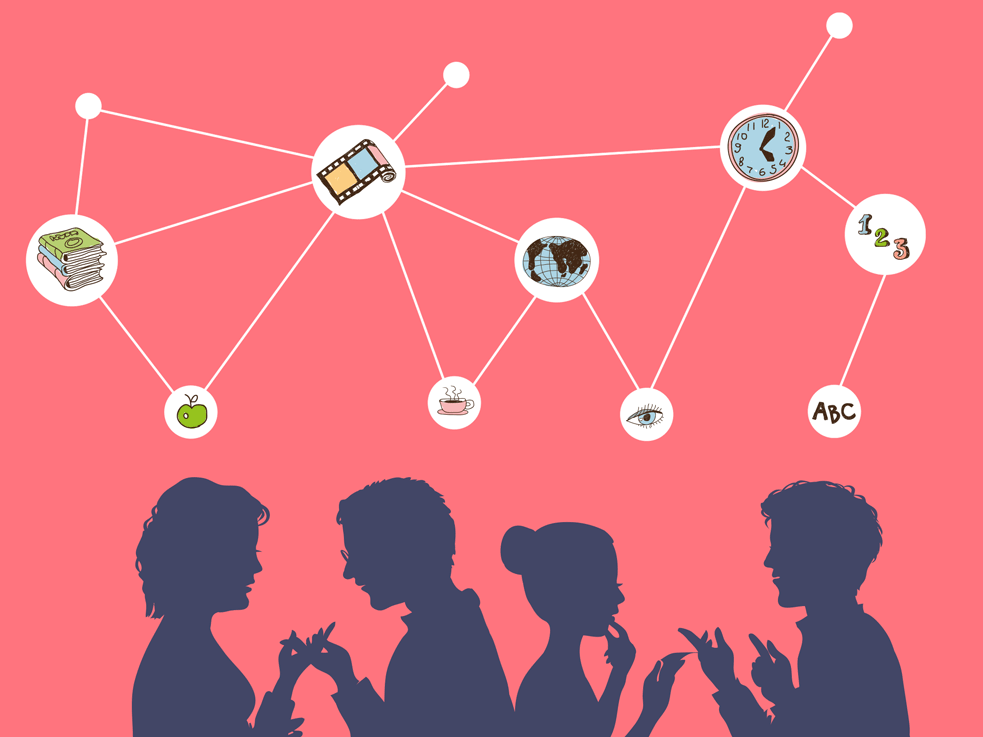
Tips for Learning a New Language
Learning a new language is one of the most engaging, yet intimidating tasks one can undertake. Although many well-wishing individuals like to promise it will be easy, they often fail to give specific instructions on how to learn in such a manner. In this simple and precise article we are going to share with you three game-changing tips for achieving this goal.

1. You just need to start
Some of you may think: »Duh! That’s obvious! You call that a tip? » It might sound obvious, but this is where most people fail. They spend a lot of time researching the methods and experiences of other language learners, reach false conclusions and eventualy give up. That is why your initial step to learning a new language is a very important one.
Languages are a lot like huge jigsaw puzzles. At first, it’s intimidating. If you hesitate for too long, it may even feel impossible. However, if you start doing things and approach the task at hand in a strategic manner, you are going to enjoy the experience. It’s simply a part of human nature. We like doing things we are good at, but to be good at something you have to start first. Find a way to make the start enjoyable for you and your success is almost guaranteed!
There are two ways to start your language-learning journey. You can either go to a school and hire someone to assist you with this task or search numerous resources on the Internet and find the most optimal method by yourself. It doesn’t even have to be a choice, you can simply do both and make sure you study every day.
2. Set your expectations right and manage your time
We live in this dopamine-addicted world where we expect instant gratification. Sadly, that isn’t how things work when it comes to learning. If you want to learn a new language, you’ll have to study. If you can’t learn something, it doesn’t mean you are a failure. It simply takes time and that’s something you can’t change. What you can change is how enjoyable the time spent learning is. Time flies when you’re having fun! If you struggle with not where to begin, we’ve got you covered: https://ltg-academy.ch/product/3-month-a1-french-intensive-course/
We often meet students who expect their teachers to do the studying for them. That’s impossible. However, having a good teacher who can explain things to you in a way you can understand is always beneficial. Studying in a classroom environment with other students is another way of keeping yourself on track.
You also need to set some goals. Talk to your teacher or decide by yourself on what you want to achieve in a set period of time. You need to focus on achieving measurable results and don’t waste too much time on details when learning a new language. Attention to detail is not a bad thing, but it can significantly prolong the process. You also need to practice all four language skills: speaking, listening, writing, and reading. The majority of studying materials is designed for a specific level of proficiency. Having a huge skill disparity often become an obstacle and a demotivational factor. If you face this issue, don’t ignore it! Deal with it and move on.
3. Use memomic devices
Most people believe studying is a process where you sit and read until you eventualy memorize, but that isn’t efficient because that way of learning isn’t optimal for your brain. The most important thing about learning is learning how to learn.
Have you noticed how you learn things faster when you are interested in something? Let’s say you like skin care or cars. You can simply read a new name or a specific characteristic of a product once and you will remember it. At the same time, there are foreign words you fail to memorize no matter how many times you try. That’s because the neurons in our brains form connections and the more connections a specific concept has, the easier it is to remember it. It acts as a net that can catch new information and store it accordingly. When you start learning something new, your brain doesn’t know where to place things when they aren’t related to anything you already know. How do you learn new things? You need to build a new net, a framework capable of supporting all the information related to the topic of interest. That’s the hard part, but mnemonic devices can help you do it faster. Popular mnemonic devices for language learning include:
- Linkwords – words that have the same pronunciation in a known language as the target word and you can associate them visually or auditorily with the target word.
- Spaced repetition – create flashcards and review them at set periods of time, each time focusing on the cards you couldn’t remember the last time.
Last but not least, stay positive and optimistic! Study smartly and don’t allow yourself to procrastinate. Seek help and don’t be afraid to make mistakes, but don’t sweep them under the rug. Most importantly, stay consistent and you will get the success you deserve!



